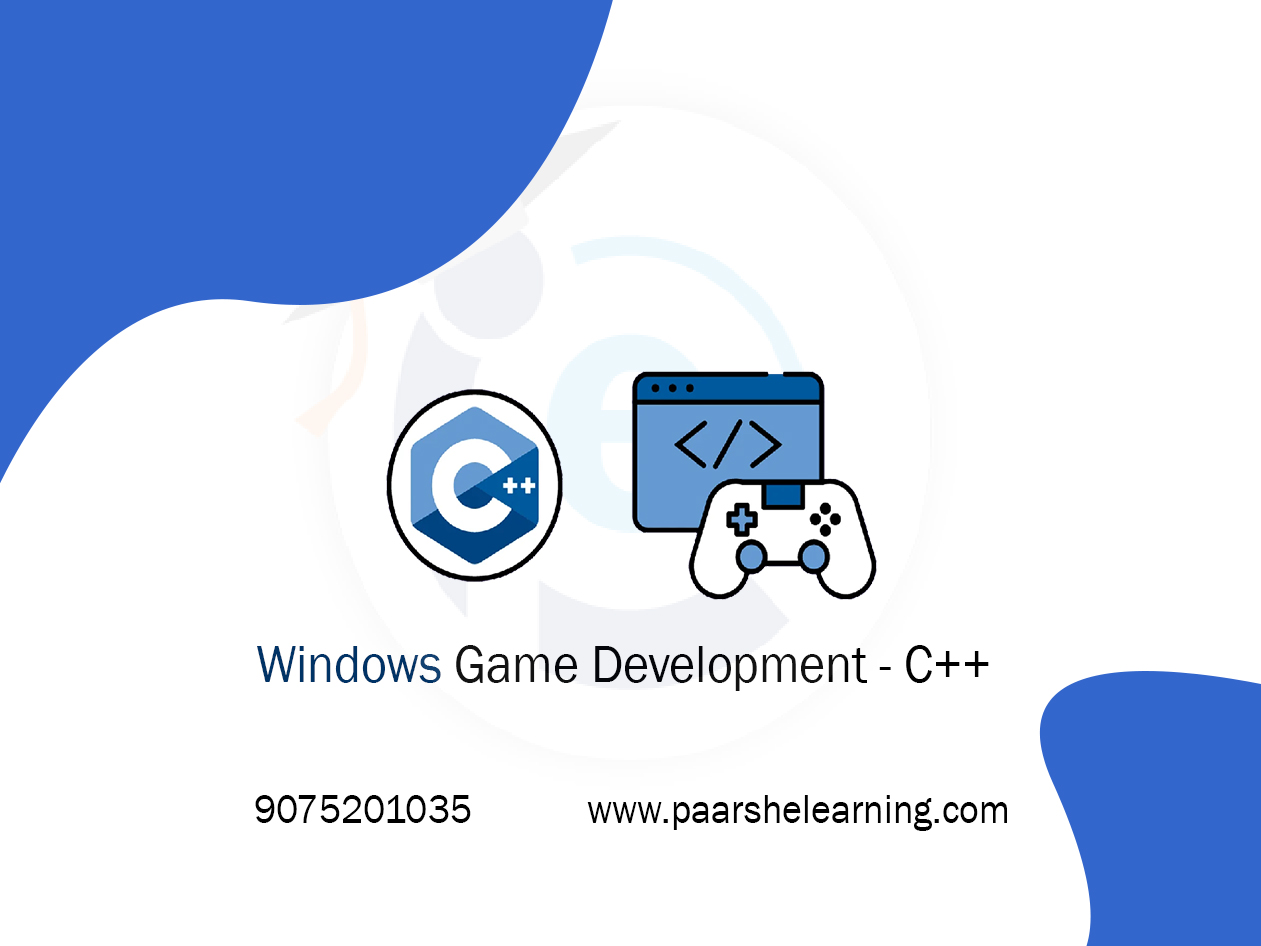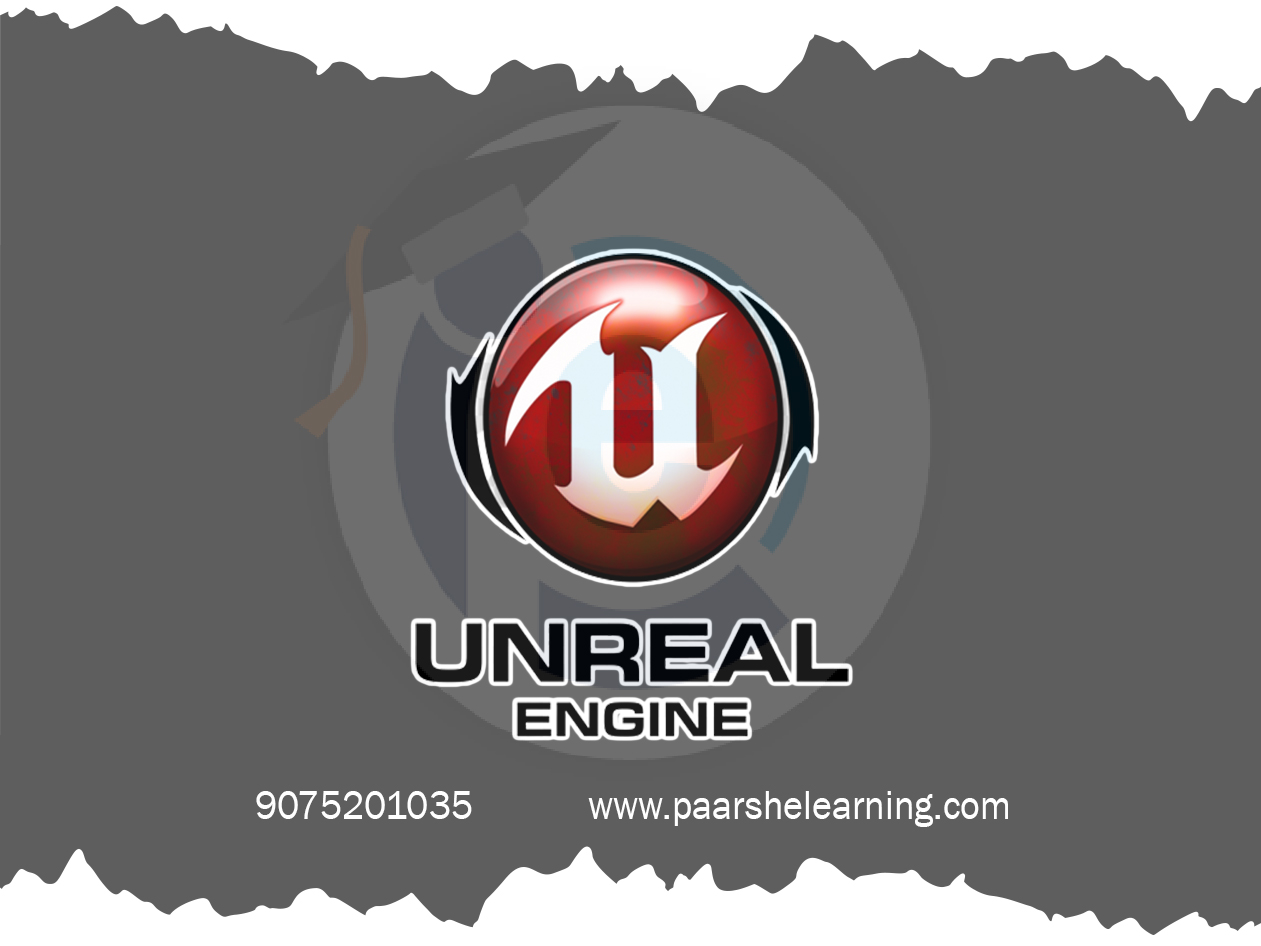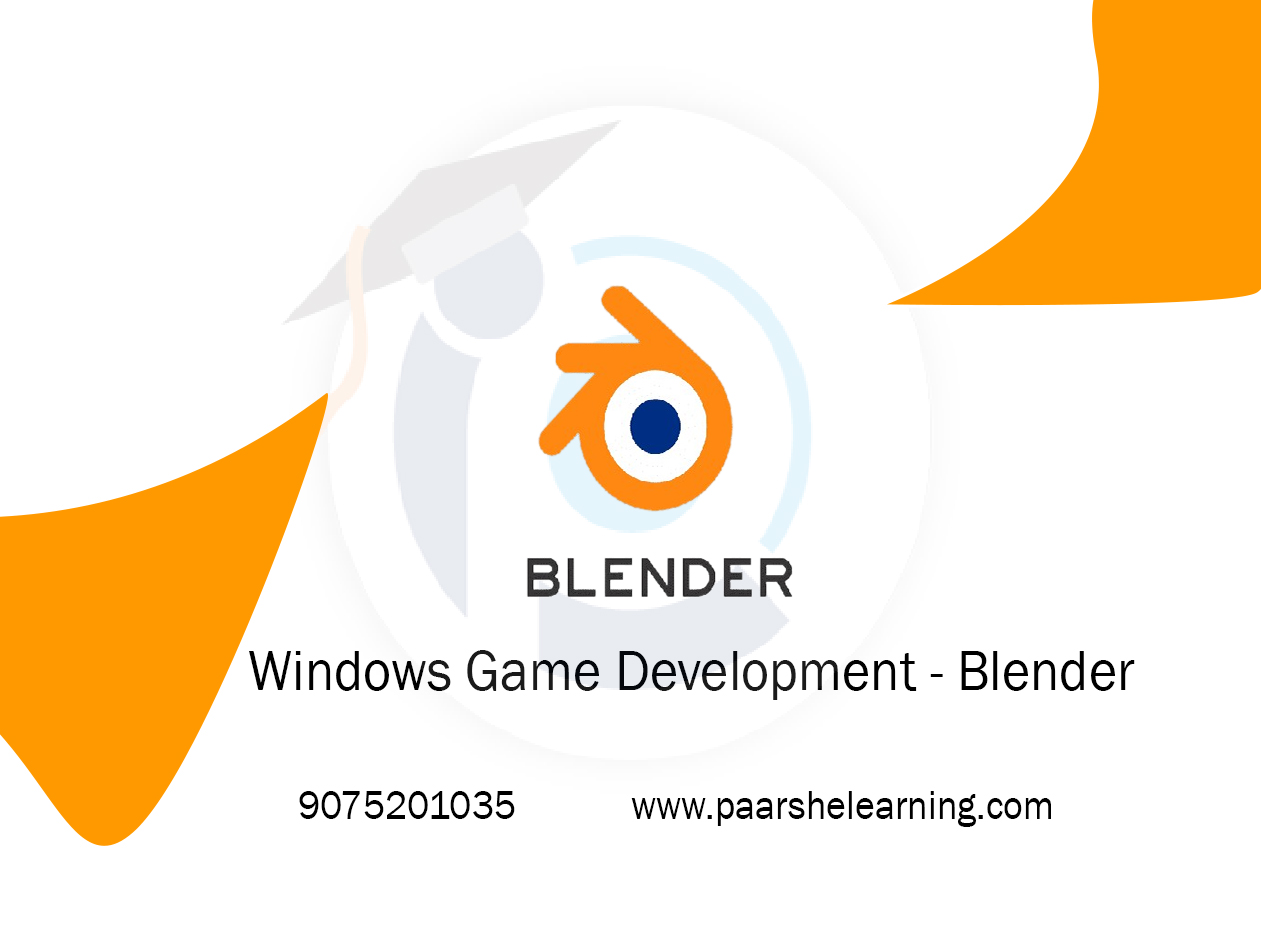- Introduction to Unreal Engine: Start with an introduction to Unreal Engine, its interface, and the overall game development workflow. Understand the key features and capabilities of Unreal Engine that make it suitable for Windows game development.
- Game Development Fundamentals: Learn the fundamentals of game development, including game design principles, game mechanics, level design, and player interaction. Gain an understanding of how to create compelling gameplay experiences.
- Unreal Engine Editor: Dive into the Unreal Engine editor and explore its various tools and functionalities. Learn how to navigate the editor, manage assets, create levels, and implement gameplay elements.
- C++ Programming in Unreal Engine: If you want to delve into more advanced topics, consider learning C++ programming in the context of Unreal Engine. Gain knowledge of the Unreal Engine API, and understand how to extend and customize the engine using C++. Learn how to write code for gameplay mechanics, AI systems, and performance optimizations.
- Graphics and Rendering: Explore the graphics and rendering capabilities of Unreal Engine. Learn how to create visually stunning environments, work with materials and shaders, and optimize rendering performance for Windows platforms.
Windows Game Development - Unreal engine
Course description
Windows game development using Unreal Engine is a dynamic field that allows you to create games specifically for the Windows platform using a powerful Unreal Engine game development platform. Unreal Engine is widely recognized for its advanced features, realistic graphics, and robust toolset. When it comes to Windows game development with Unreal Engine, here are some key aspects to consider:
-
Unreal Engine: Familiarize yourself with the Unreal Engine framework and its features. Learn about the editor interface, project organization, asset management, and the various tools available for creating game worlds, designing characters, implementing gameplay mechanics, and more.
-
Blueprint Visual Scripting: Unreal Engine's Blueprint system allows you to create game logic and interactivity using a visual scripting interface. It enables developers, even those without extensive programming knowledge, to create complex game systems through visual node-based scripting. Understanding how to use Blueprints effectively is essential for Windows game development with Unreal Engine.
-
C++ Programming: While not mandatory, having a basic understanding of C++ programming can be beneficial when working with Unreal Engine. Unreal Engine provides a powerful C++ API that allows for low-level control, performance optimizations, and extending the engine's functionality. Knowledge of C++ can help you customize gameplay mechanics, develop plugins, and optimize your Windows games.
-
Windows-Specific Features: Take advantage of Windows-specific features and capabilities to enhance your game development process. Explore integration with DirectX for advanced graphics and performance optimizations. Utilize Windows APIs for input handling, multiplayer functionality, audio, and more.
-
Game Design and Development Concepts: Familiarize yourself with game design principles and development concepts. Understand game loops, game states, collision detection, game physics, artificial intelligence (AI), and other common elements in game development. This knowledge will help you design and implement engaging gameplay experiences.
-
Testing and Deployment: Understand the process of testing and deploying Windows games built with Unreal Engine. Learn how to package your game for the Windows platform, run tests on different devices and configurations, handle platform-specific considerations, and prepare your game for distribution through platforms like Steam or the Microsoft Store.
-
Performance Optimization: Windows devices come in various hardware configurations, so optimizing your game's performance for Windows is crucial. Learn about techniques for optimizing rendering, managing memory, handling input, and achieving smooth frame rates on different Windows systems.
-
Modding and Customization: Unreal Engine provides robust modding and customization capabilities, allowing players to modify and extend their game. Explore the possibilities of creating modding support and community-driven content to enhance the longevity and appeal of your Windows game.
Windows game development with Unreal Engine offers a vast array of possibilities for creating immersive and visually stunning games for the Windows platform. Whether you are a beginner or an experienced developer, diving into Windows game development with Unreal Engine can be an exciting and rewarding journey that allows you to unleash your creativity and reach a wide audience of Windows gamers.
What you will learn from this course?
This course includes!
- Daily Live session
- A recorded session with problem-solving material
- Access on Mobile and TV
- Certificate of completion
- Recommendation Letter
- 100% Job Placement
This course is for
- Beginner Game Developers: If you are new to game development and have a passion for creating games for the Windows platform, this course can provide a solid foundation. It covers the basics of game development, introduces you to the Unreal Engine workflow, and helps you understand the key concepts and techniques involved in Windows game development.
- Unreal Engine Enthusiasts: If you are already familiar with Unreal Engine and want to specialize in Windows game development, this course can help you dive deeper into Windows-specific features and optimizations. It allows you to leverage your existing knowledge of Unreal Engine and expand your skill set for targeting the Windows platform.
- Aspiring Game Programmers: If you have a programming background and want to focus on game programming for the Windows platform, this course can be valuable. It covers topics such as Blueprint visual scripting and C++ programming in the context of Unreal Engine, enabling you to develop the necessary skills for creating gameplay mechanics, AI systems, and performance optimizations.
Prerequisites for this course
- Basic Programming Knowledge: Familiarity with programming concepts and logic is important for understanding game development principles. Having experience with a programming language such as C++, C#, or Java can be advantageous, as it will help you understand the coding aspects of game development.
- Familiarity with Unreal Engine: While not always required, having some prior exposure to Unreal Engine can be helpful. It will give you a head start in understanding the interface, workflow, and basic concepts of working with Unreal Engine.
- Computer Graphics Basics: A basic understanding of computer graphics principles, including 3D modeling, texturing, lighting, and rendering, can be beneficial. This knowledge will help you comprehend the graphics-related aspects of game development and optimize the visual quality of your games.





